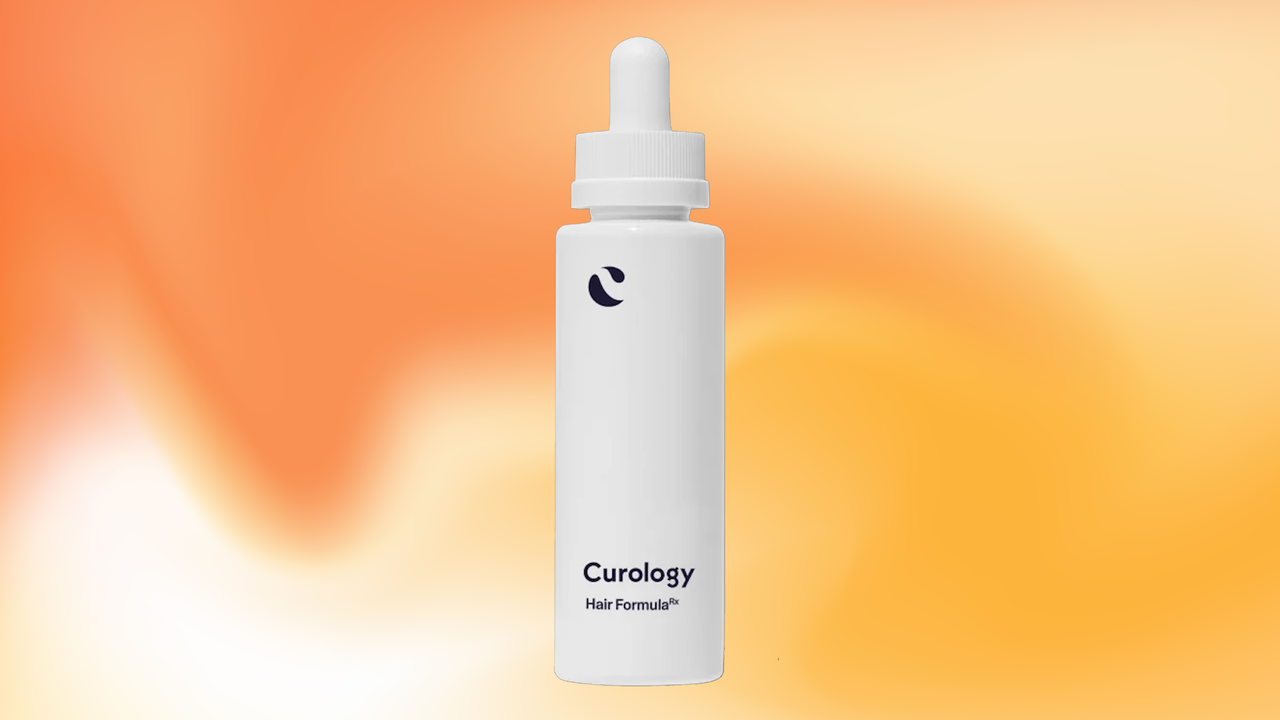
April is National Stress Awareness Month. Chronic stress can be debilitating and can affect all aspects of your life, including your skin health. Anxiety and stress tend to be common triggers that cause eczema to flare up. A recent survey by the National Eczema Association revealed that more than 30% of people with atopic dermatitis were diagnosed with depression and anxiety. When we experience stressful situations, our bodies tend to go into fight-or-flight mode and respond by increasing the production of stress hormones like adrenaline and cortisol. When the body produces too much cortisol, it can suppress the immune system and cause an inflammatory response in the skin.
Unfortunately, 27% reported that they are so stressed most days that they can’t function, according to a poll by the American Psychological Association. According to Dija Ayodele – Aesthetician, Founder of Black Skin Directory, and Author of Black Skin, The Definitive Skincare Guide, when the body is stressed either for a short time or a prolonged period, the fight or flight hormone cortisol is released. Large amounts of this can suppress the immune system, leading to increased inflammation. The condition can worsen and weaken the skin barrier for people who already suffer from eczema or are prone to flare-ups. Once the skin barrier is weakened, the skin is open to more irritation and sensitivity.
According to Dr. Patricia Oyetakin, psychological stress affects the skin’s immune system, triggering inflammation and disrupting skin barrier function. “Studies have shown more intense itch in eczema patients with self-reported anxiety and depression. She tells us that stress also slows down wound healing in the skin, making it harder for minor cuts (from scratching) to heal.
Oyetakin continues, “We can all attest to the negative impact of stress on sleep quality. Studies have shown that chronic sleep deprivation leads to loss of moisture and damaged skin barrier. For eczema patients, this can be a frustrating cause for more flare-ups. Stress management is not easy these days, and I try to avoid telling my patients to “manage stress.”
She believes it’s insensitive to tell people to practice stress management, given that many people experience chronic stress. “It’s tone-deaf advice given the multitude of reasons people are struggling with anxiety and depression these days. Instead, I offer more practical advice: exercise, a healthy diet, and limiting screen time. We all know these have a positive impact on mood. When you feel better, you are more motivated to take good care of your skin and seek treatment options,” Oyetakin states.
What is Eczema?
According to the National Eczema Association, Eczema (eg-zuh-MUH) is the name for a group of inflammatory skin conditions that cause itchiness, dry skin, rashes, scaly patches, blisters, and skin infections. There are actually seven different types of eczema: atopic dermatitis, contact dermatitis, dyshidrotic eczema, nummular eczema, seborrheic dermatitis, and stasis dermatitis. More than 31 million Americans have some form of eczema.
Ayodele believes Eczema creates dry and itchy skin, which can also negatively impact our lifestyle. “We go through periods of poor eating, poor sleeping, higher anxiety levels, and low energy, which inadvertently creates more stress. It becomes a vicious cycle that can create an eczema loop. People under prolonged stress also take longer to heal from inflammatory skin conditions, such as eczema, because their skin is weaker and more compromised. Again, another vicious circle is created if stress isn’t nipped in the bud,” she tells ESSENCE.
She believes that awareness of stress triggers is essential to preventing stress-related eczema. This awareness allows you to implement practical lifestyle and therapeutic measures to combat prolonged stress and eczema fallout. These measures can include exercise, healthy eating, and adequate sleep.
“When it comes to skincare, it’s tempting to try and do the most, but now is not the time to overdrive or experiment with new products. It is best to keep your skincare simple, focusing on healing and rebuilding the skin barrier using key ingredients like ceramides, glycerine, squalene, hyaluronic acids, and essential fatty acids. Avoid products with fragrances, soaps, drying alcohols, or even hot showers that potentially irritate already sensitive skin,” Ayodele says.
What are some solutions?
It’s still important to use sunscreen, but finding one that won’t irritate your skin can take trial and error. The sun can also trigger eczema for some people, so it is important to remember that. Eucerin Cream Gel SPF50 is a perfect option for sensitive skin, as is La Roche-Posay Anthelios UVMune 400 Invisible Fluid SPF50+.
Ayodele suggests that you may also need a short course of steroids, which your doctor or dermatologist can provide for short-term use to help heal the skin and reduce dryness, itchiness, and sensitivity.
Dr. Adeline Kikam believes stress can definitely exacerbate eczema and potentially lead to flare-ups. Eczema or atopic dermatitis is characterized by itching, dryness of skin, and rashes, which can negatively impact one’s quality of life. Both psychological and physical forms of stress can aggravate eczema.
Psychological stress can trigger local neurogenic inflammation and disrupt skin barrier function. A study on this pointed out that chronic stress worsened eczema compared to acute stress as it was linked to sleep disturbance and long-term itching and scratching versus more short-lasting itching.
Stress also leads to a spike in cortisol, a hormone that can adversely impact the skin’s barrier function, resulting in moisture loss and exacerbating eczema symptoms.
Here are her tips:
Practice good stress management: To reduce the impact of stress on eczema, one needs to practice good stress management, which can involve or take on a multitude of forms depending on one’s lifestyle and resources, but notable ones include:
Working out: Exercise, a healthy diet, adequate sleep, yoga, and mindfulness are some ways to manage eczema. Proper skin care habits that replenish skin moisture are also important. Not properly managing one’s eczema can, in itself, cause stress.







